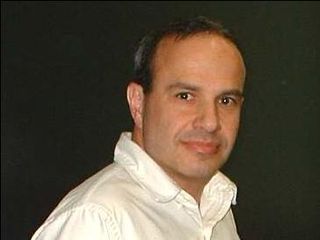A Quote by George Plimpton
I never understood people who don't have bookshelves.
Quote Topics
Related Quotes
True love, it's like an illness. I never understood it before. In books and plays. Poems. I never understood what drove otherwise intelligent, right-thinking people to do such extravagant, irrational things. Now I do. It's an illness. You can catch it when you least expect. There's no known cure. And sometimes, in its most extreme, it's fatal.
I never really understood the idea that nonfiction ought to be this dispensary of data that we have at the moment. Also, roughly around the time we were doing this fact-checking. And I never really understood why people think what nonfiction's job is to give them information as opposed to something else.































